Tag Archives: universe
Scientists may have found the background ripples of the universe
Scientists find the universe’s ‘missing matter’ using mysterious cosmic bursts
Astronomers observe the brightest supernova on record
Discovery shows early galaxies could have very short lives
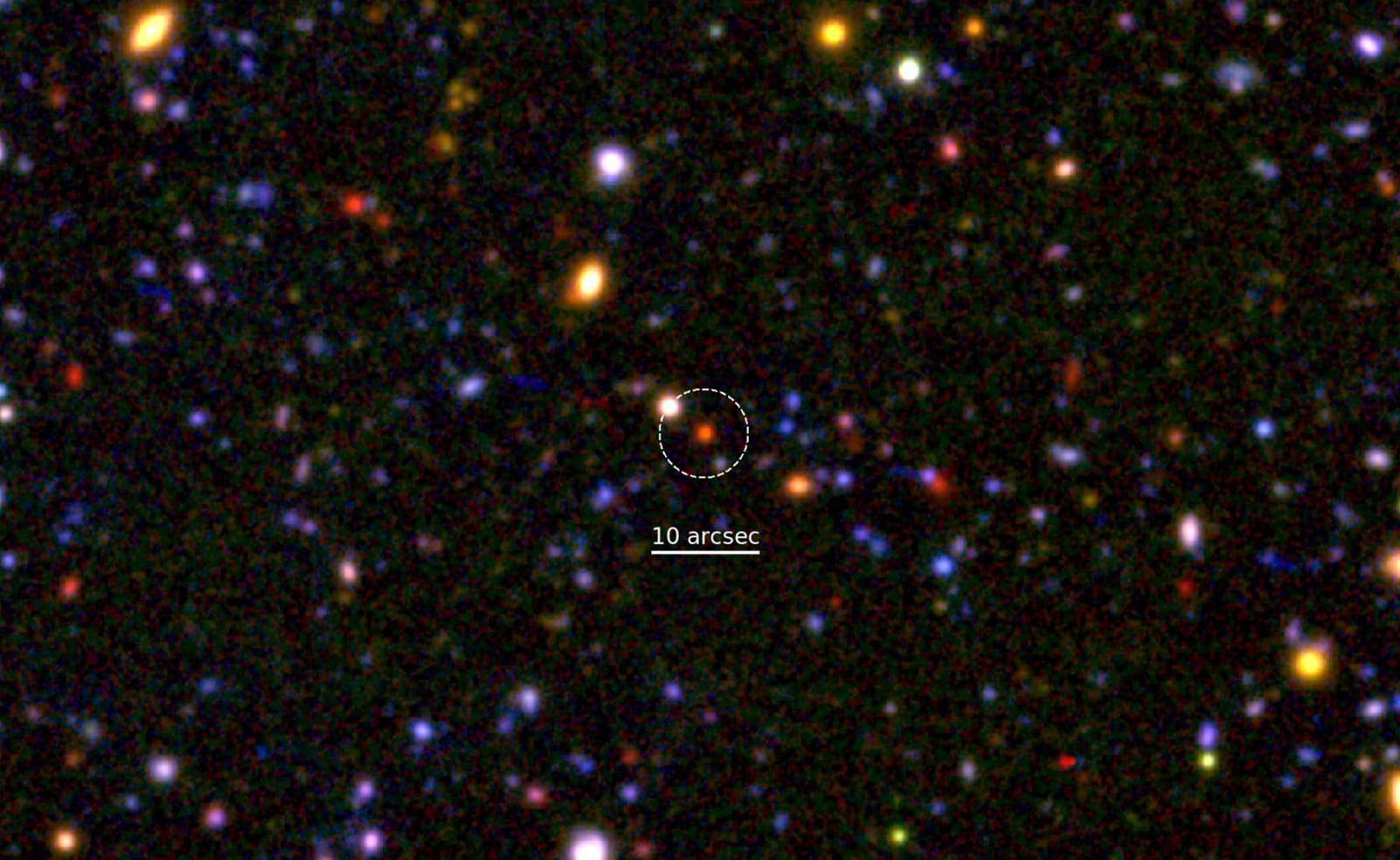 You'd think that galaxies from the young universe would still be thriving, but that's not necessarily the case. Researchers at the Niels Bohr Institute and the National Observatory of Japan have discovered the farthest known dying galaxy (that is, w...
You'd think that galaxies from the young universe would still be thriving, but that's not necessarily the case. Researchers at the Niels Bohr Institute and the National Observatory of Japan have discovered the farthest known dying galaxy (that is, w...
Scientists confirm that plasma ‘sloshes’ around in galaxy clusters
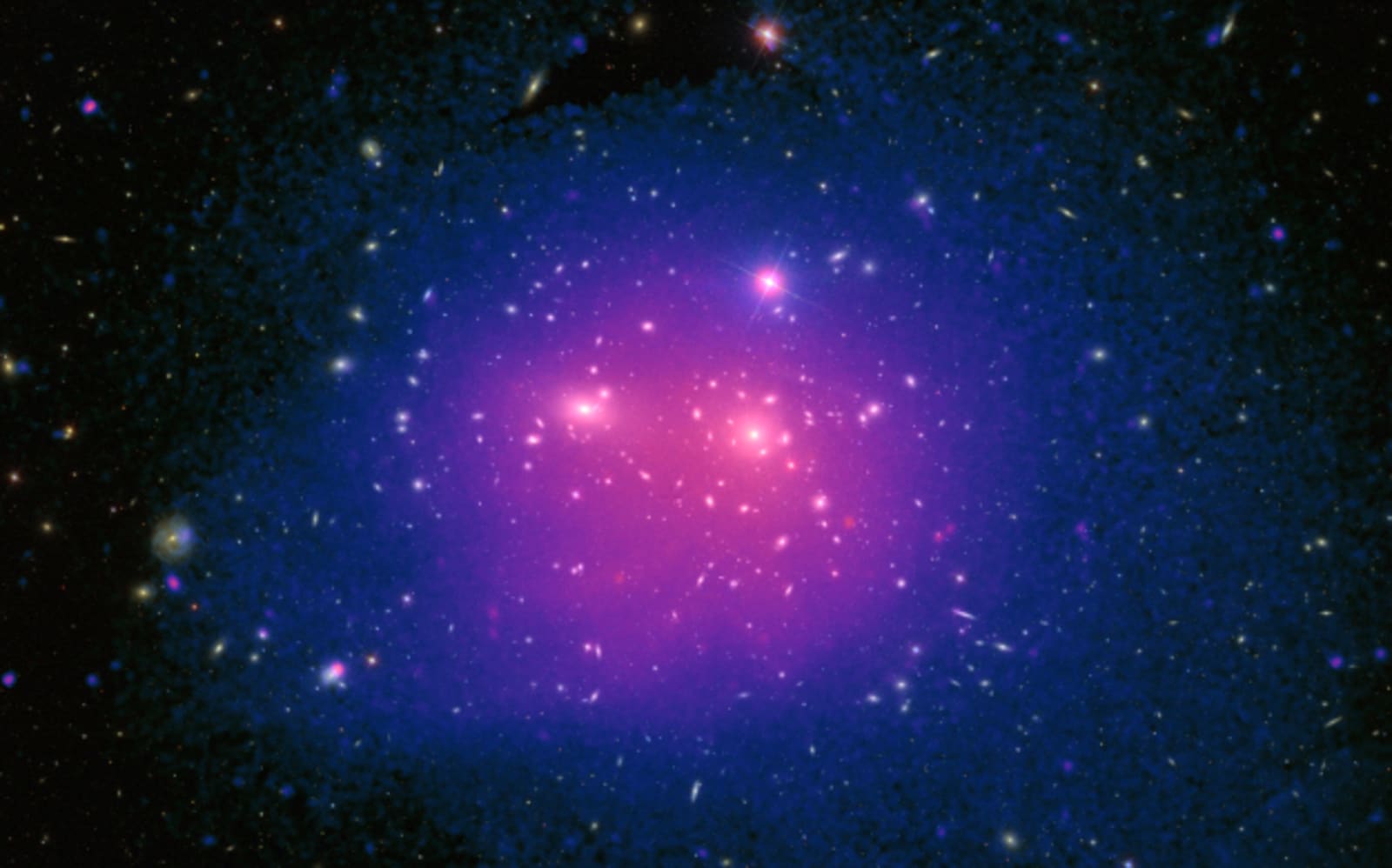 For the first time, scientists have observed signs of plasma "flowing, splashing and sloshing" in a galaxy cluster. This kind of motion has been predicted, but it was only theoretical. Now, with data on how the plasma moves, researchers hope to disco...
For the first time, scientists have observed signs of plasma "flowing, splashing and sloshing" in a galaxy cluster. This kind of motion has been predicted, but it was only theoretical. Now, with data on how the plasma moves, researchers hope to disco...
Supercomputer creates millions of virtual universes
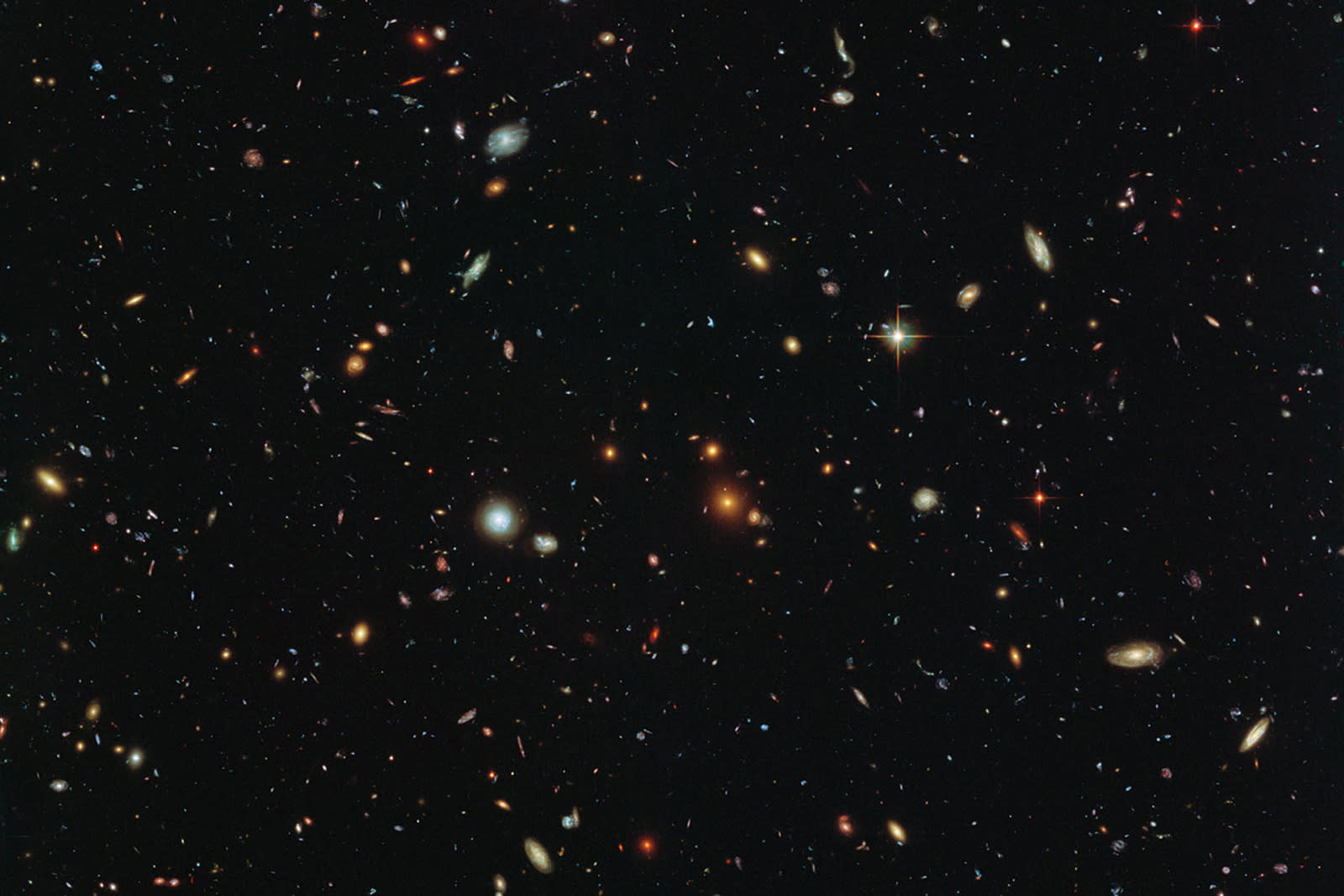 How do you understand the development of galaxies when even the younger examples are frequently billions of years old? Simulate as many universes as you can, apparently. Researchers at the University of Arizona have used the school's Ocelote superc...
How do you understand the development of galaxies when even the younger examples are frequently billions of years old? Simulate as many universes as you can, apparently. Researchers at the University of Arizona have used the school's Ocelote superc...
DC Universe Online arrives on Nintendo Switch
The world’s largest telescope is one step closer to completion
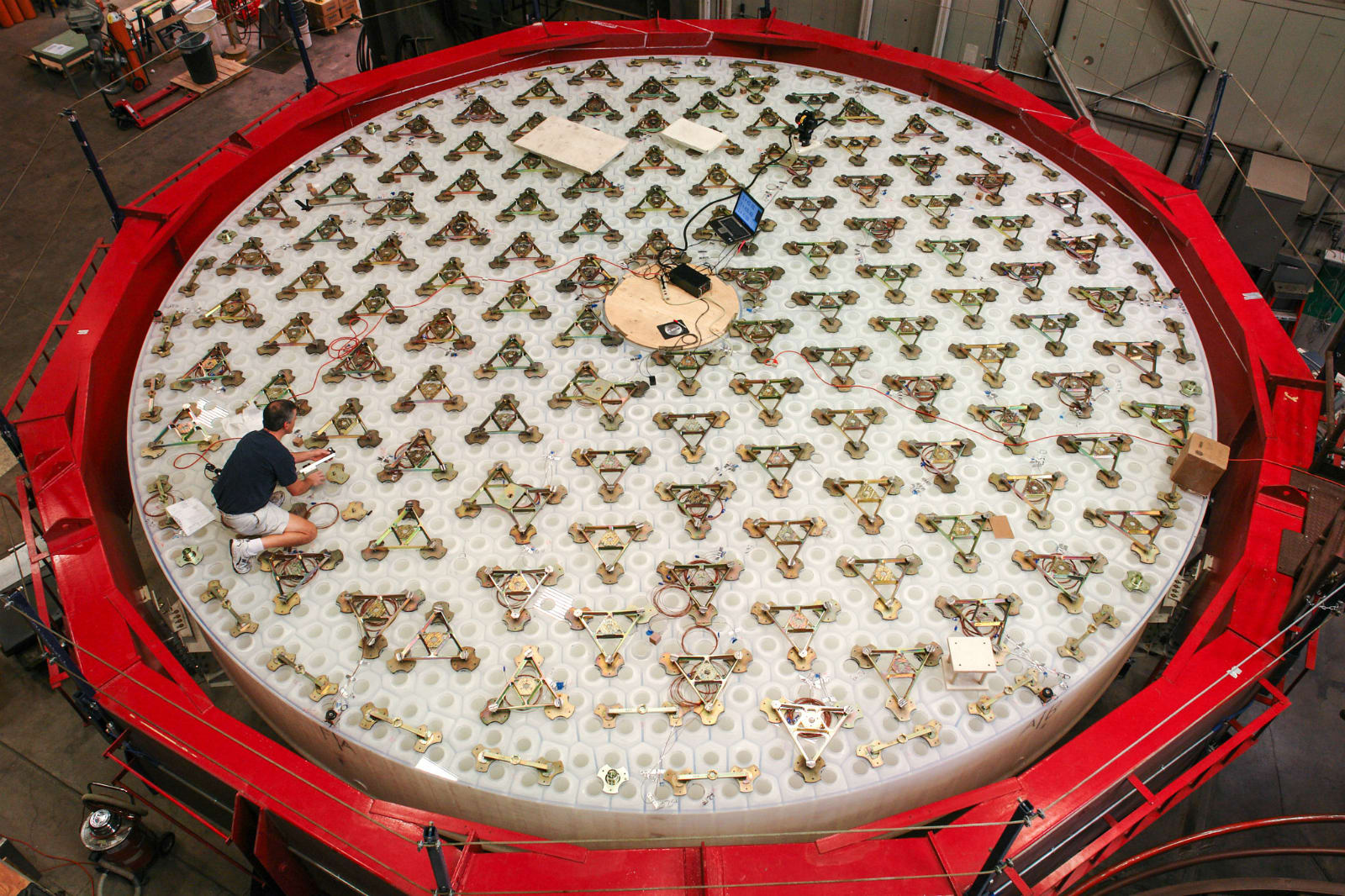 The world's largest telescope is one step closer to completion. This month, the team working on the Giant Magellan Telescope (GMT) completed the second of seven primary mirror segments, a process that began in January 2012.
The world's largest telescope is one step closer to completion. This month, the team working on the Giant Magellan Telescope (GMT) completed the second of seven primary mirror segments, a process that began in January 2012.
Scientists think some supermassive black holes didn’t start as stars
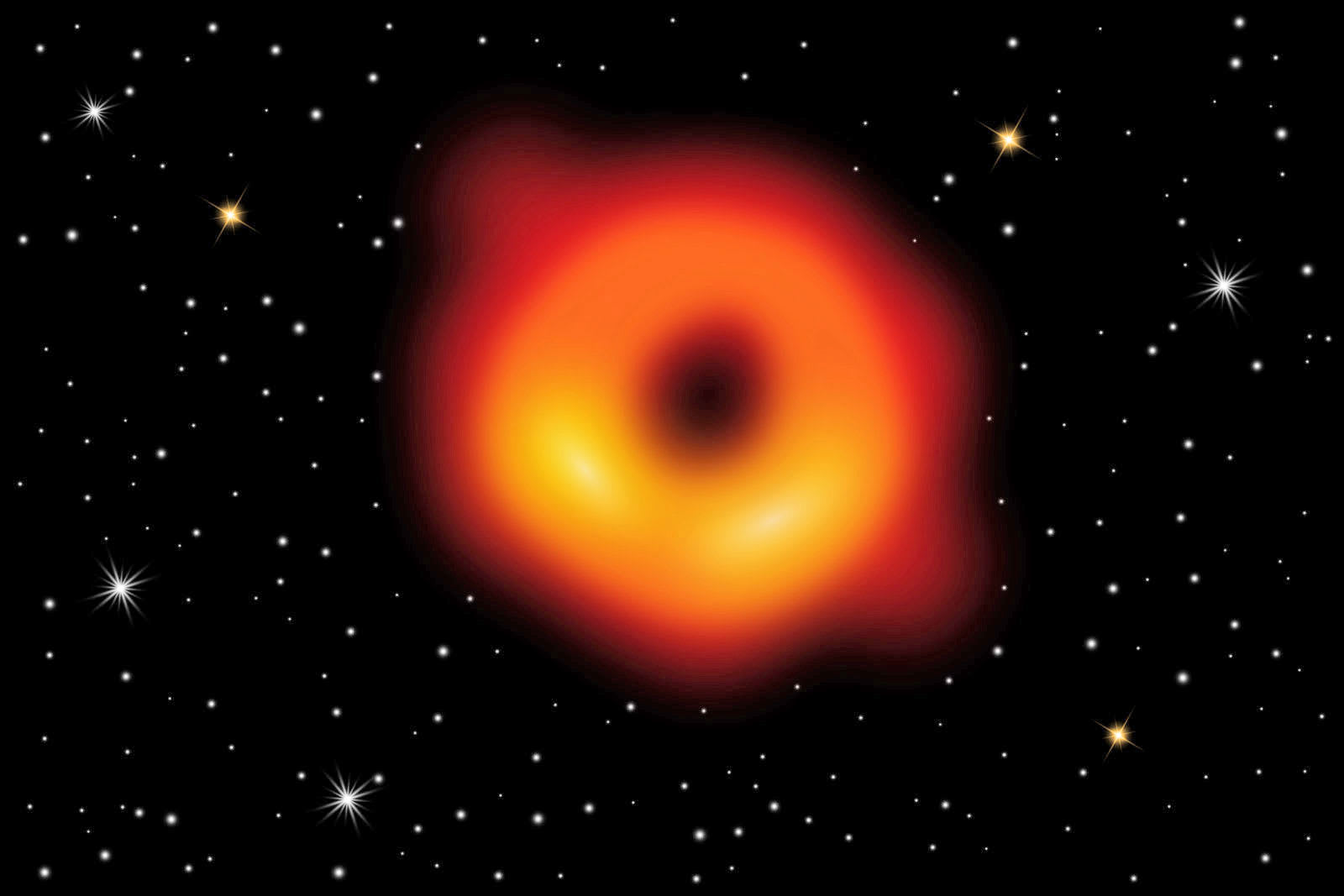 Despite the fact that scientists now have a real image of a supermassive black hole, they still have plenty of questions about the objects. Now, astrophysicists at Western University may have a new explanation for how some black holes formed. In rese...
Despite the fact that scientists now have a real image of a supermassive black hole, they still have plenty of questions about the objects. Now, astrophysicists at Western University may have a new explanation for how some black holes formed. In rese...
